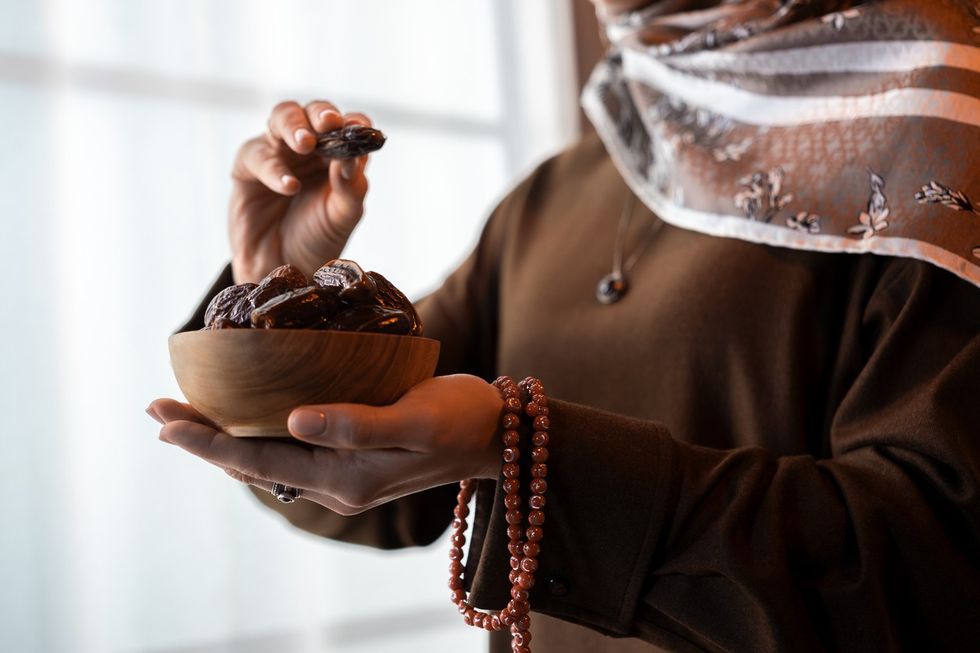by LAUREN CODLING
THE NHS is prepared for the coronavirus outbreak to “go from bad to worse” as the infection continues to spread across the UK, a medical expert has claimed.
The comments came after prime minister Boris Johnson warned last month the health service could be “overwhelmed” by the pandemic in just two weeks.
As Eastern Eye went to press on Tuesday (31), 1,789 people infected with Covid-19 had died in the UK. The government said there were 25,150 confirmed cases, with London hardest hit.
Dr Ramesh Mehta, the president of British Association of Physicians of Indian Origin (BAPIO), revealed the NHS was “expecting the worst to come in the next few weeks”.
“There are huge preparations going on across all hospitals,” Mehta told Eastern Eye. “We are still at a very early stage and things will go from bad to worse (but) the NHS is preparing very well.”
However, the paediatrician urged the government to ensure that frontline staff members are tested if they show symptoms of the virus. Under current guidelines, if someone shows symptoms, they are required to isolate themselves for two weeks.
Dr Mehta believes it would be better if healthcare workers could be tested as a priority. “If they test negative, they can go back to support their colleagues,” he said, noting the high level of pressure that the health service was currently under.
His views were shared by A&E doctor Nishant Joshi from Luton and Dunstable general hospital, who has also slammed the lack of testing on staff. “It just makes no sense to any of us,” he had told The Guardian earlier in March. “The World Health Organisation (WHO) has been absolutely clear in its guidelines – it says testing and then contact tracing is absolutely key. Yet, the government is not even testing those of us who are being exposed in the course of our work on the frontline.”
In addition, both doctors have called for frontline staff to have access to protective equipment which could help prevent them from contracting the virus. According to Dr Mehta, two frontline doctors in the Midlands and Yorkshire have become severely ill after being exposed to the virus.
“It is crucial that frontline people are protected properly,” Dr Mehta said.
Dr Joshi has also urged frontline staff to speak out about the risks they are facing from a lack of sufficient protective equipment in hospitals.
“I’m treating patients who are perhaps presenting for a broken ankle and they suddenly start coughing all over you. You’re breathing in an aerosol spray of droplets and we’re not even wearing a mask – just scrubs and a plastic apron,” he said. “What happens to the healthcare system if we all get ill?”
Speaking in the Commons in March, Labour MP Dr Rosena Allin-Khan said she had spoken to many frontline staff who claimed they did not have the protective equipment they needed.
“There is clear concern among hospital staff and the wider public alike about the transparency of the plan to tackle the virus,” she said, adding that all staff should have the equipment needed to be safe. She has also called for NHS staff to be tested if they show any symptoms of the virus.
The founder of British Sikh Nurses, Rohit Sagoo, agreed the “extreme” pressure put on the NHS would be exacerbated by staff shortages if they showed symptoms and had to stay home. However, Sagoo, a children’s nurse, expressed confidence that nursing and midwifery professionals would “respond rapidly and professionally”.
“Many nurses may be asked to work outside of their scope of practice to assist in the rise of Covid -19 patient numbers in for their assessment and care,” he told Eastern Eye. “Many nursing and midwifery professionals across the NHS, public health and care services have already made major contributions to the response to Covid-19 and this will continue as cases rise.”
Last week, more than 65,000 retired doctors and nurses in England and Wales were asked to return to help tackle the pandemic. Senior officials said the former employees were needed to boost frontline services.





 Big Bear Lake, CaliforniaiStock
Big Bear Lake, CaliforniaiStock Las Vegas strip in Nevadaistock
Las Vegas strip in Nevadaistock Skyline, TampaiStock
Skyline, TampaiStock Mayan ruins of Altun HaiStock
Mayan ruins of Altun HaiStock Cancun beachiStock
Cancun beachiStock Old San Juan’s cobblestone streetsiStock
Old San Juan’s cobblestone streetsiStock Old Port of Montreal iStock
Old Port of Montreal iStock











 Stricter regulations will be put in place to safeguard young consumersiStock
Stricter regulations will be put in place to safeguard young consumersiStock




